copyright (Page 2)
Japan’s copyright enforcers ask: how many words must a man write down, before he can be shaken down?
A South Korean chicken restaurant owner got a rude awakening when he was slapped with a $12,800 fine for ripping off the famous French designer label’s name and monogram design.
In about a week, Halloween, cosplayers‘ favorite holiday, will be upon us. Millions of people — increasingly including Japanese — will take to the streets in costume, and much of it will be cosplay. But some of this activity may actually be against Japanese law.
We live in a world of innovation and inspiration. Every day, we see new products riffing on older ones, and apps that are purporting to be the next Instagram for Snapchat inspired by Vine.
But when does something cease to innovate and become a simple knock-off? Would you consider “Word・Press” a different web service from “WordPress”? How about if someone opened up a hamburger joint called “McDonalds” instead of “McDonald’s”? Well one izakaya in Hiroshima, Japan tested out this first example for us, and found that simply slipping a dot into its name didn’t allow it to get around copyright and trademark laws.
Take a quick look at the character-packed image above. That’s a whole lot of faces, right? And in the 20 years since Sony’s first video games console was released, they’ve all appeared on some PlayStation platform or other. Even if you’re more of an Xbox kid or a PC gamer, you have to admit that’s an impressive lineup, and for older PlayStation fans especially it’s bound conjure up a lot of happy gaming memories.
But in creating this image in honour of 20 years of PlayStation, it would seem that someone over at Sony Europe struggled to source one or two character images that really fit in with their vision. You’d think that being on the inside, an artist working for Sony would have access to a whole host of officially licensed images, but it looks like they decided to turn to the internet for help, using an image of Mega Man as he appears only in Nintendo’s latest edition of Super Smash Bros, and even borrowing a piece of fan art created by a Japanese Pixiv user, who later spotted their work on Sony’s official site. Awkward.
People who post game demonstrations such as walkthroughs and speed runs on video websites certainly put in a fair bit of effort in them. And for some part they’re acknowledged by those who view the videos. Heck, thanks to them I could find every pigeon in GTA:IV and finally get back to my busy life of eating pudding.
As such it’s not unreasonable to say they deserve some compensation for their efforts – just as long as it doesn’t come out of my pudding budget. But because they are working with copyrighted source material, it’s not always easy for these creative game enthusiasts to get paid.
Now, game-maker Nintendo and video site Niconico Douga are working together in the Creators Incentive Program in which rather than punish those who infringe on copyrights from holders like Nintendo, they will be given incentives based on the number of views they can rake in with their works.
By now you are probably more than sick of hearing Pharell Williams’ “Happy.” We’re not ragging on the song, but we strongly suspect that the international hit, though infectious, has started to wear out its welcome. It took a dedicated Weird Al to even keep us interested through the summer, so we’d say it’s about time to put this song to bed. Maybe we’ll break it out again next summer and laugh at all the memories.
However, there is one thing the video has helped illustrate beyond people’s willingness to show off their dance skills (or lack thereof) for a YouTube video: The nebulous world of copyright violation in Japan.
The internet has completely changed the way we work and live, but for those of us having children it can be hard to understand how different life has become for them as information technology natives.
Having some shoes that could be pumped full of air was the deciding factor of our social status in school at one time, but what are kids thinking about today? Kakurega Komyo is an IT worker in Japan who caught a glimpse of this life while setting up the internet in someone’s house.
Nowadays, when it comes to knock-offs of popular products, most people think of China. We’re not just saying that to pick on our neighbors to the west, there’s just an awful lot of suspect copies. Korean bootlegs have had their time making the rounds as well, but everyone seems to leave Japan alone. That is until now. A video uploaded by Japanese YouTube user, msdoom99, has surfaced with the goal of giving all those Japanese netizens who have laughed at Chinese and Korean knockoffs a taste of Japan’s little-known copies. Take a look at just a few and ask yourself, “So who’s laughing now?”
A man from Japan’s Gunma Prefecture is facing legal action on the grounds of copyright infringement after uploading Studio Ghibli’s 2013 animated film Kaze Tachinu (The Wind Rises in the West) to a public website in July and November last year, the Yomiuri Online reports. When questioned, the accused individual remarked that he uploaded the film “to be popular”, proving once again that crime, especially the dumb kind, does not pay.
Recently a new game developed for Android devices, Era’s Adventures was turning heads for its main character, Era’s slight resemblance to Nintendo’s famous dinosaur Yoshi. The attention had gotten so big that it caught the eye of Nintendo’s legal team who decided to have a chat with the developer, Botond Kopacz.
When it comes to reading famous literary works whose copyright license has expired, there is one piece of software that is renowned for doing the job rather well. It goes by the name of “Aozora Bunko” and is a digital contents reader available on a wide variety of devices; there’s even a version available for smart phone users. It is currently host to a plethora of copyright-free material rich in Japanese history and culture. What’s particularly exciting is that the more time goes by, the more the library of works can be seen to grow.
Anyone with an interest in old Japanese masterpieces – and can read Japanese – will surely be lureRemove featured imaged in by what this software has to offer. In this connection, on January 1 this year, the legendary writer Eiji Yoshikawa’s work “Miyamoto Musashi” is also set to be added to the collection. Miyamoto Musashi is a bestselling novel depicting the life of legendary samurai Musashi Miyamoto, who actually existed during the Japanese Edo era.
Just what makes all this free content possible is the rule that governs copyright licensing laws: 50 years after an author has passed away, copyrighted works are released freely into the public domain.
Shuho Sato, the writer of Burakku Jyakku ni Yoroshiku, which commonly translates to “Say Hello to Black Jack,” is planning to make the award winning, 10 million copy selling manga available for free “second use.”
This means that after 15 September anyone in the world will be free to novelize, televise, create merchandise, or in any way adapt the original work for either commercial or non-commercial purposes without having to pay royalties. This is the latest move in the writer’s quest to find alternatives to the “outdated” model of intellectual property rights.
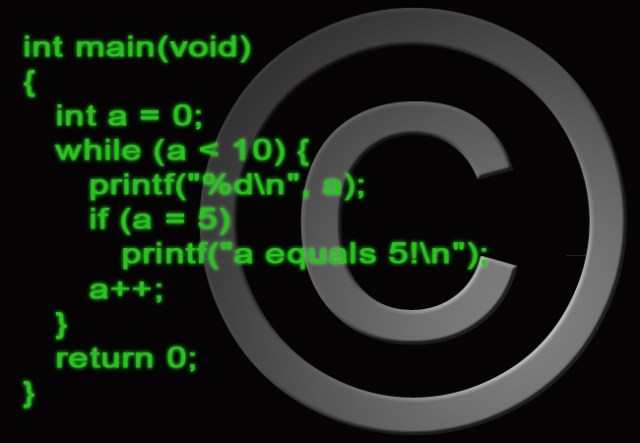


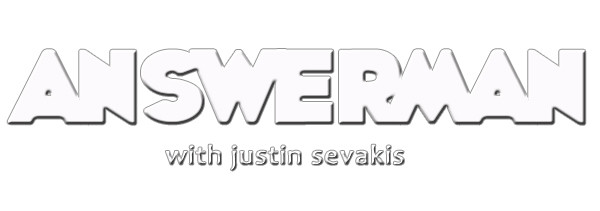
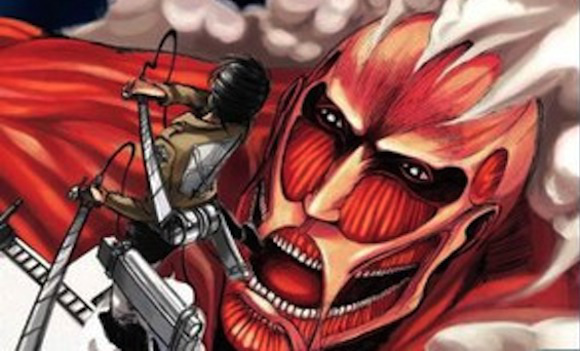
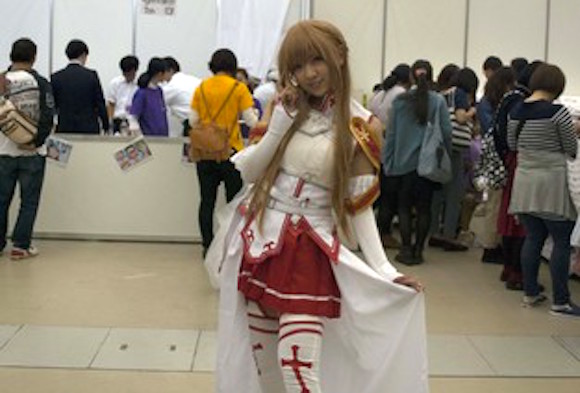
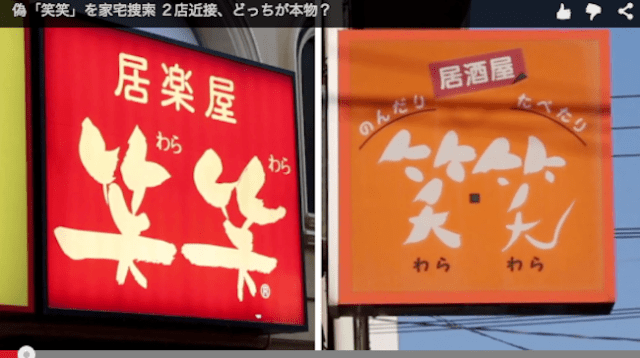
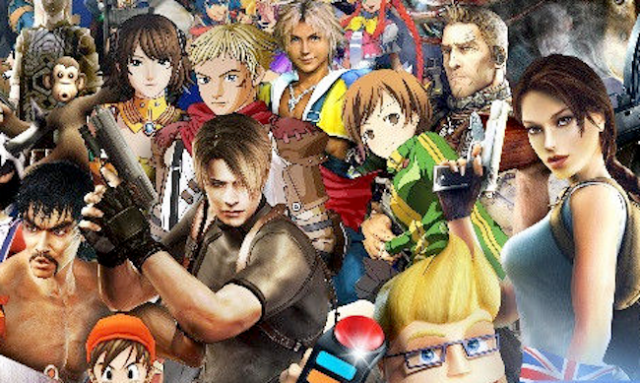
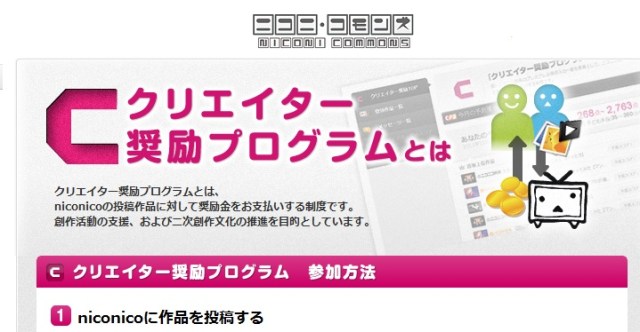
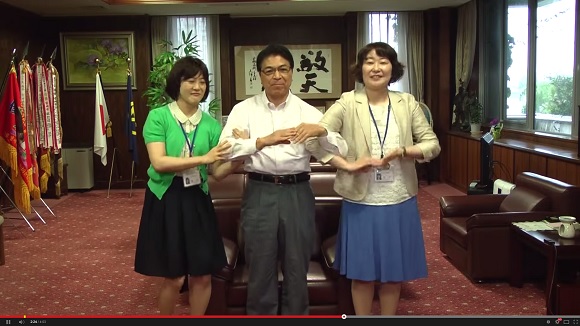

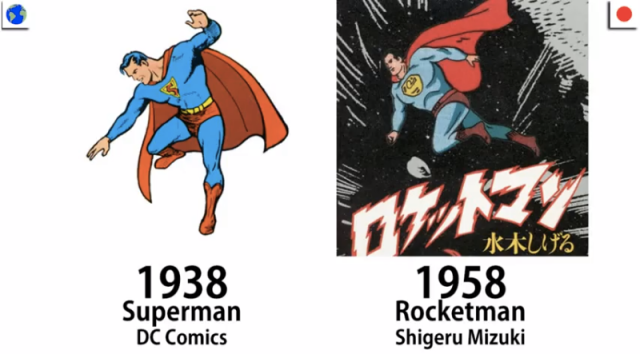
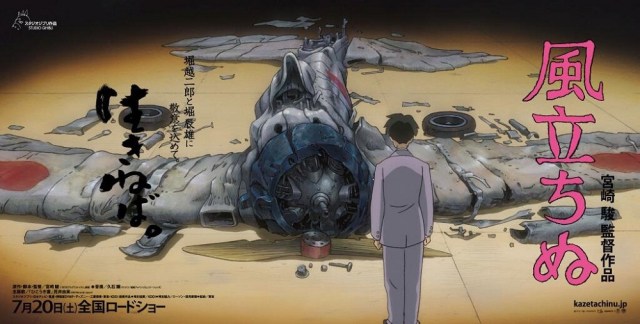
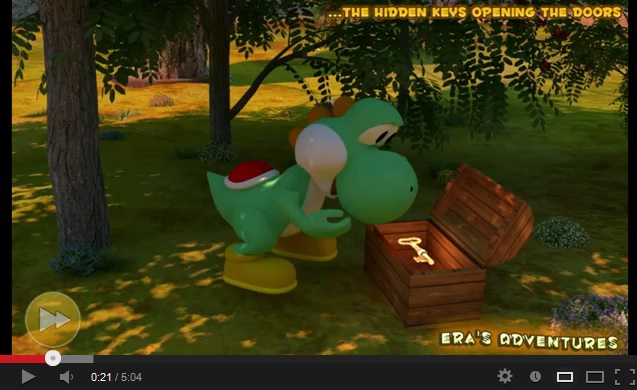
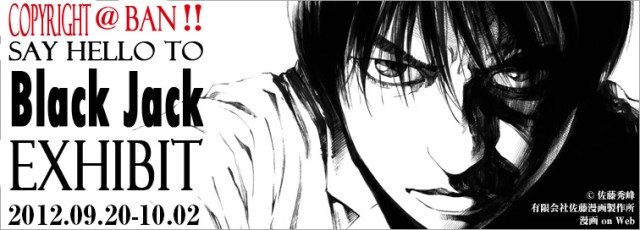
 Man arrested in Japan after leaving car in coin parking lot for six years, racking up three-million-yen bill
Man arrested in Japan after leaving car in coin parking lot for six years, racking up three-million-yen bill Blowfish-shaped fugu bento appears to celebrate Japan’s Blowfish Day [Taste test]
Blowfish-shaped fugu bento appears to celebrate Japan’s Blowfish Day [Taste test] Anime Your Name to be remade as Hollywood live-action movie produced by J.J. Abrams
Anime Your Name to be remade as Hollywood live-action movie produced by J.J. Abrams Studio Ghibli adds new Kiki’s Delivery Service notebook and ceramic cake case to stores in Japan
Studio Ghibli adds new Kiki’s Delivery Service notebook and ceramic cake case to stores in Japan 420 million yen in cash-filled suitcases stolen on Tokyo streets, incidents at Haneda and Hong Kong follow
420 million yen in cash-filled suitcases stolen on Tokyo streets, incidents at Haneda and Hong Kong follow Japan has a new bar just for people thinking about quitting their jobs, and the drinks are free
Japan has a new bar just for people thinking about quitting their jobs, and the drinks are free Extreme Sashimi: Frog Edition
Extreme Sashimi: Frog Edition Pokémon Ditto Cup uses Transform to turn into jiggly gelatin, rice, sand, and infinite possibilities
Pokémon Ditto Cup uses Transform to turn into jiggly gelatin, rice, sand, and infinite possibilities Take a trip to Japan’s Dododo Land, the most irritating place on Earth
Take a trip to Japan’s Dododo Land, the most irritating place on Earth New Family Mart cinema opens inside Japanese airport
New Family Mart cinema opens inside Japanese airport Is China’s don’t-go-to-Japan warning affecting the lines at a popular Tokyo gyukatsu restaurant?
Is China’s don’t-go-to-Japan warning affecting the lines at a popular Tokyo gyukatsu restaurant? Three beautiful places to see Japan’s plum blossoms after starting your day in downtown Tokyo
Three beautiful places to see Japan’s plum blossoms after starting your day in downtown Tokyo Downloads of 39-year-old Guns N’ Roses song increase 12,166 percent thanks to Gundam
Downloads of 39-year-old Guns N’ Roses song increase 12,166 percent thanks to Gundam Cherry blossom forecasts map shows Japan’s OTHER sakura season is starting right now
Cherry blossom forecasts map shows Japan’s OTHER sakura season is starting right now Huge Evangelion Unit-01 head appearing in lights in Japan to celebrate anime’s 30th anniversary
Huge Evangelion Unit-01 head appearing in lights in Japan to celebrate anime’s 30th anniversary Family Mart releases huge range of cute sweets for Cat Day in Japan
Family Mart releases huge range of cute sweets for Cat Day in Japan Japan’s first all-matcha ramen restaurant is now open in Kyoto【Photos】
Japan’s first all-matcha ramen restaurant is now open in Kyoto【Photos】 7-Eleven Japan sells freshly baked pizzas…but are they any good?
7-Eleven Japan sells freshly baked pizzas…but are they any good? New Studio Ghibli stamps leave an impression on your stationery…and your heart
New Studio Ghibli stamps leave an impression on your stationery…and your heart Starbucks Japan releases new drinkware and goods for Valentine’s Day
Starbucks Japan releases new drinkware and goods for Valentine’s Day Japan releases first official sakura cherry blossom forecast for 2026
Japan releases first official sakura cherry blossom forecast for 2026 Archfiend Hello Kitty appears as Sanrio launches new team-up with Yu-Gi-Oh【Pics】
Archfiend Hello Kitty appears as Sanrio launches new team-up with Yu-Gi-Oh【Pics】 China’s don’t-go-to-Japan warning looks to be affecting tourist crowds on Miyajima
China’s don’t-go-to-Japan warning looks to be affecting tourist crowds on Miyajima Starbucks Japan releases new Frappuccino and latte for Valentine’s Day
Starbucks Japan releases new Frappuccino and latte for Valentine’s Day Studio Ghibli releases new “komorebi” plush toys from Princess Mononoke and Spirited Away
Studio Ghibli releases new “komorebi” plush toys from Princess Mononoke and Spirited Away Yokai are descending upon Tokyo this spring in the latest immersive art experience
Yokai are descending upon Tokyo this spring in the latest immersive art experience Japan’s Naruto theme park now offering real-world version of Minato’s kunai ninja weapon
Japan’s Naruto theme park now offering real-world version of Minato’s kunai ninja weapon Survey asks foreign tourists what bothered them in Japan, more than half gave same answer
Survey asks foreign tourists what bothered them in Japan, more than half gave same answer Japan’s human washing machines will go on sale to general public, demos to be held in Tokyo
Japan’s human washing machines will go on sale to general public, demos to be held in Tokyo We deeply regret going into this tunnel on our walk in the mountains of Japan
We deeply regret going into this tunnel on our walk in the mountains of Japan Studio Ghibli releases Kodama forest spirits from Princess Mononoke to light up your home
Studio Ghibli releases Kodama forest spirits from Princess Mononoke to light up your home Major Japanese hotel chain says reservations via overseas booking sites may not be valid
Major Japanese hotel chain says reservations via overseas booking sites may not be valid Put sesame oil in your coffee? Japanese maker says it’s the best way to start your day【Taste test】
Put sesame oil in your coffee? Japanese maker says it’s the best way to start your day【Taste test】 No more using real katana for tourism activities, Japan’s National Police Agency says
No more using real katana for tourism activities, Japan’s National Police Agency says Starbucks Japan reveals new sakura drinkware collection, inspired by evening cherry blossoms
Starbucks Japan reveals new sakura drinkware collection, inspired by evening cherry blossoms Updated cherry blossom forecast shows extra-long sakura season for Japan this year
Updated cherry blossom forecast shows extra-long sakura season for Japan this year Japan has a new bar just for people thinking about quitting their jobs, and the drinks are free
Japan has a new bar just for people thinking about quitting their jobs, and the drinks are free Extreme Sashimi: Frog Edition
Extreme Sashimi: Frog Edition Pokémon Ditto Cup uses Transform to turn into jiggly gelatin, rice, sand, and infinite possibilities
Pokémon Ditto Cup uses Transform to turn into jiggly gelatin, rice, sand, and infinite possibilities Take a trip to Japan’s Dododo Land, the most irritating place on Earth
Take a trip to Japan’s Dododo Land, the most irritating place on Earth New Family Mart cinema opens inside Japanese airport
New Family Mart cinema opens inside Japanese airport 7-Eleven Japan sells freshly baked pizzas…but are they any good?
7-Eleven Japan sells freshly baked pizzas…but are they any good? Sakura cherry blossoms float on breeze, land on Nara deer in perfect hanami video
Sakura cherry blossoms float on breeze, land on Nara deer in perfect hanami video One of Japan’s rarest sweets is a sell-out hit that looks and tastes like frost
One of Japan’s rarest sweets is a sell-out hit that looks and tastes like frost JR East announces awesomely cheap one-day all-you can ride pass, Shinkansen included
JR East announces awesomely cheap one-day all-you can ride pass, Shinkansen included All Tokyo public high schools abolish rules forcing students to dye non-black hair, underwear color regs
All Tokyo public high schools abolish rules forcing students to dye non-black hair, underwear color regs Japan law lets you claim reward for finding lost property, man may have scammed it over 60 times
Japan law lets you claim reward for finding lost property, man may have scammed it over 60 times Japanese women showing rebounding interest in giving Valentine’s Day chocolate【Survey】
Japanese women showing rebounding interest in giving Valentine’s Day chocolate【Survey】 Japan is home to the cutest bug in the world, but they’re on the verge of extinction
Japan is home to the cutest bug in the world, but they’re on the verge of extinction Snappy as they look, Japanese school uniforms can be an extremely expensive hassle for parents
Snappy as they look, Japanese school uniforms can be an extremely expensive hassle for parents